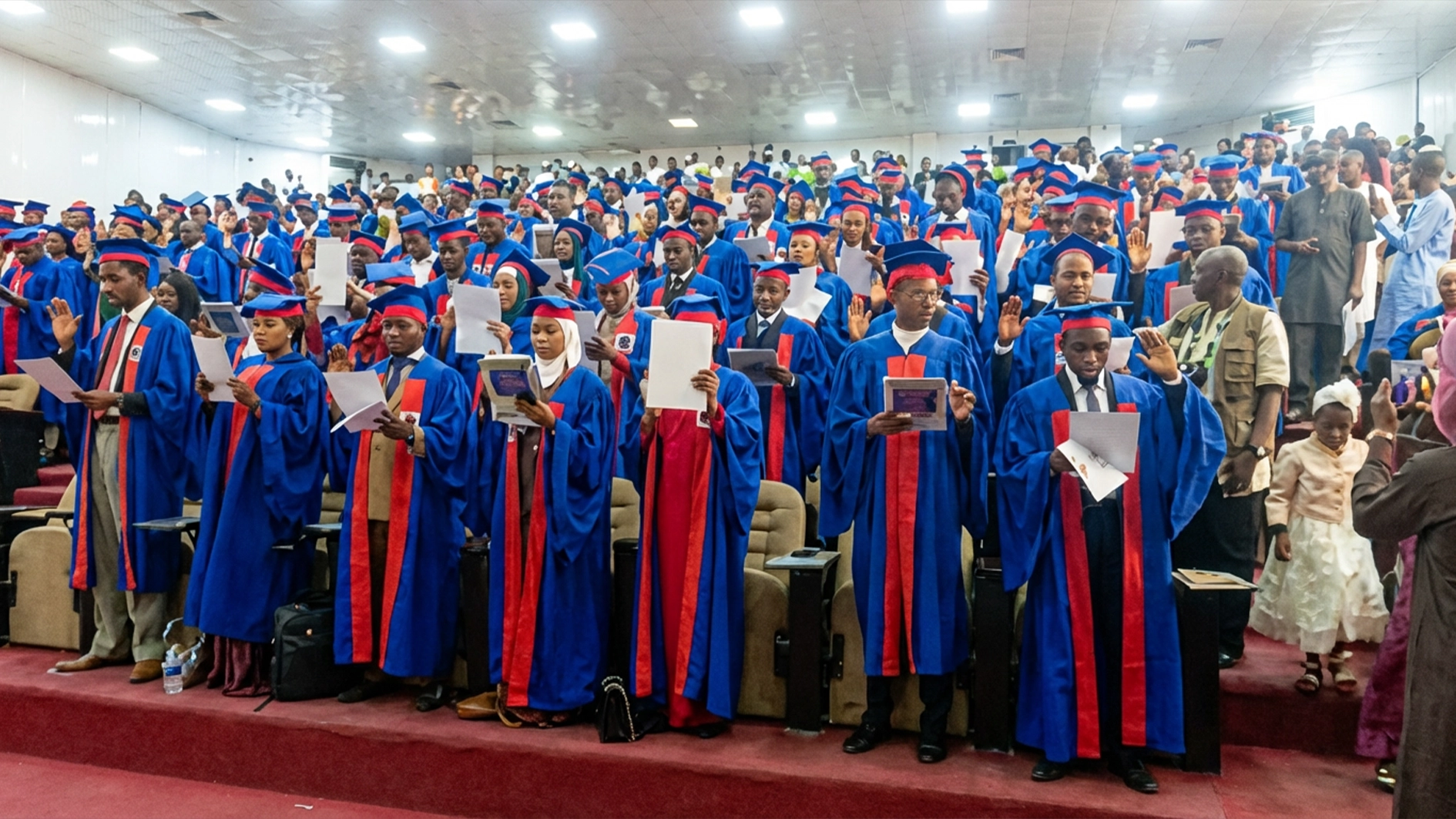Bavarian Nordic A/S (OMX: BAVA) and Gavi, a Vaccine Alliance have announced an advance purchase agreement (APA) to secure 500,000 doses of the MVA-BN Mpox vaccine to be supplied to countries in Africa impacted by the Mpox outbreak.
The Chief Executive Officer (CEO ) of Gavi, the Vaccine Alliance, Dr Sania Nishtar explained that the First Response Fund was designed in collaboration with Gavi donors and partners specifically to provide rapid early funding for emergencies such as Mpox.
Nishtar noted that using it today to fund the first direct transaction for vaccines in support of equitable access and the global response, just over a month since Mpox was declared a public health emergency, takes us a long way towards our goal of protecting those most at risk,”
He said: “We are committed to working with affected governments and our partners to turn these vaccines into vaccinations as quickly and effectively as possible and, over time, to build a global vaccine stockpile if sufficient funding is secured for Gavi’s work through 2030. We thank our donors for enabling us to act rapidly by committing funds to the First Response Fund before an emergency occurred.”
The MVA-BN vaccine received pre-qualification from the WHO on September 13, and Bavarian Nordic will be ready to supply the vaccines pending the signing of a supply agreement with UNICEF, Gavi’s alliance partner, which will be delivering these doses.
Availability of all 500,000 doses has been secured for 2024 and the doses will be for delivery in 2024.
According to information made available by the Gavi Alliance, the vaccines will be funded by Gavi’s First Response Fund, a new financial mechanism created in June 2024 to make cash rapidly available to purchase vaccines in health emergencies.
On his part, President & CEO of Bavarian Nordic, Paul Chaplin, said: “We are pleased to sign this agreement and strengthen our commitment to support Gavi and other global health partners, who have demonstrated strong leadership in making life-saving vaccines available for the vulnerable populations in developing countries for decades. The doses secured through this agreement will significantly increase the availability of Mpox vaccines for African countries, and we are pleased that Gavi has selected our MVA-BN vaccine, which has proven highly effective during the global Mpox outbreak in 2022.”
READ ALSO: Mpox: No plan to impose travel restrictions on Africans, says U.S.
In addition to activating the First Response Fund, approved by the Gavi Board in June, Gavi moved rapidly to trigger the mechanism following the declaration of Mpox as a public health emergency and unlocked emergency funding for affected countries to begin preparations for vaccine rollout, such as training of healthcare workers and community engagement and is working with donors and partners to help facilitate dose donations.
Medium- and longer-term measures in place that are expected to be supportive of the Mpox response include authorisation from Gavi’s Board, contingent on donor funding for Gavi’s next strategic period, to establish a stockpile of Mpox vaccines for use in future outbreaks, and with an even longer horizon, to contribute to the establishment of a sustainable vaccine manufacturing industry in Africa through the African Vaccine Manufacturing Accelerator, which was also launched in June.
This APA follows the delivery into the DRC of over a quarter of a million doses of Bavarian Nordic vaccines donated by other nations and Bavarian Nordic. The doses will be allocated to those most in need as per WHO’s Access and Allocation Mechanism, published on September 13.






